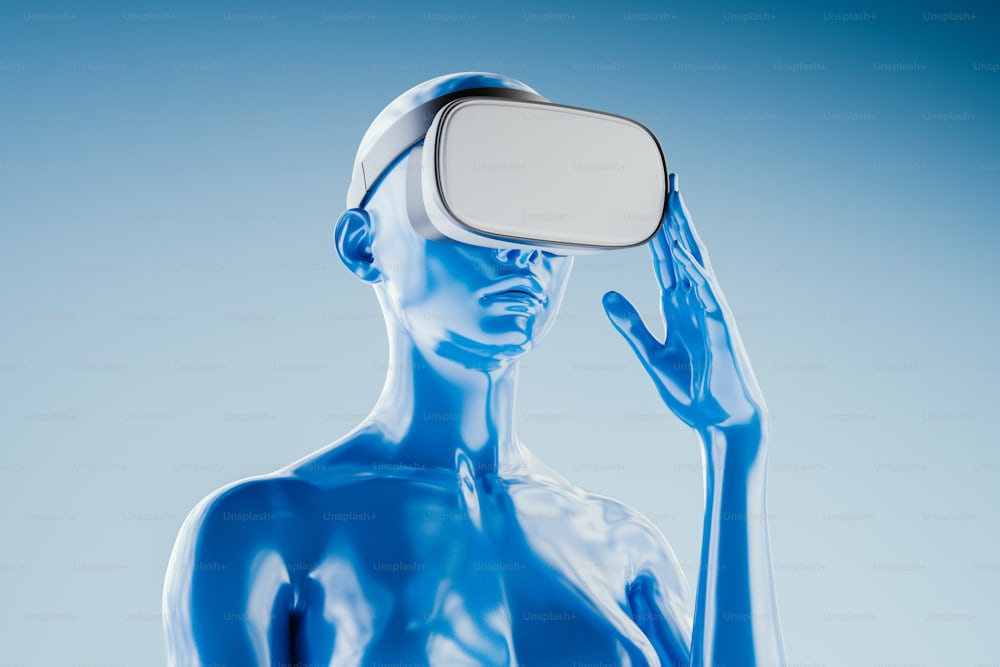Technology has become an inseparable part of human life. Every year, new technological advancements change how we live, work, communicate, and interact with the world. From artificial intelligence to quantum computing, new technology is shaping the future at an unprecedented pace. In this article, we’ll explore the evolution, impact, benefits, and challenges of new technology while also predicting what the future holds.
What is New Technology?
New technology refers to innovative tools, systems, and devices designed to improve efficiency, simplify tasks, and enhance the quality of life. Unlike traditional technologies that served specific purposes, modern innovations often combine multiple functionalities and leverage advanced science, such as artificial intelligence (AI), machine learning, blockchain, and automation.
The Evolution of Technology: From Past to Present
Humanity has always innovated. From the invention of the wheel to the development of electricity, every technological breakthrough has revolutionized life. However, the pace of innovation in the 21st century is staggering. What took centuries to develop in the past now happens within a decade or even a few years.
-
Early Technology: Tools like the printing press and the steam engine changed economies and societies.
-
Industrial Revolution: Factories, machinery, and transportation systems redefined production and trade.
-
Digital Era: The rise of computers and the internet connected the world.
-
Modern Innovations: Today, we see smart devices, AI-powered systems, and cloud computing leading the charge.
Key Areas Where New Technology is Transforming the World
1. Healthcare
Medical technology is advancing rapidly with innovations like robotic surgeries, telemedicine, and wearable health trackers. AI algorithms can now detect diseases early by analyzing medical images, saving lives and reducing costs.
2. Education
New technology has made learning more accessible and engaging. E-learning platforms, virtual classrooms, and AI tutors provide personalized education to students worldwide. Virtual reality (VR) and augmented reality (AR) create immersive learning experiences.
3. Business and Industry
Automation, AI-driven analytics, and blockchain have revolutionized businesses. From streamlining supply chains to predicting consumer behavior, new technology helps companies make data-driven decisions and operate efficiently.
4. Transportation
Electric vehicles (EVs), autonomous cars, and high-speed trains are redefining travel. Companies like Tesla and others are working on self-driving technology, which could make roads safer and reduce human error.
5. Communication
From instant messaging to video conferencing, communication technology has erased geographical barriers. Platforms like Zoom, WhatsApp, and Slack allow real-time interaction, making remote work a viable option.
Benefits of New Technology
-
Improved Efficiency
Automation and AI reduce human errors and speed up processes, increasing productivity across all sectors. -
Better Connectivity
High-speed internet, 5G, and IoT (Internet of Things) ensure constant connectivity, enabling smart homes and businesses. -
Cost Reduction
Businesses can reduce operational costs through cloud computing and automation while maintaining quality services. -
Enhanced Quality of Life
Smart devices, health apps, and home automation systems make life more convenient and comfortable. -
Global Collaboration
Technology’s enables people from different continents to collaborate on projects in real time.
Challenges and Concerns Associated with New Technology
While new technology brings immense benefits, it also poses significant challenges:
-
Privacy Issues: Data breaches and cyberattacks are increasing as more data moves online.
-
Job Displacement: Automation and AI threaten certain jobs, leading to unemployment in some sectors.
-
Ethical Concerns: AI decision-making, surveillance, and genetic engineering raise moral questions.
-
Digital Divide: Access to technology is not equal, creating gaps between developed and developing regions.
-
Overdependence: Heavy reliance on technology can make humans vulnerable to failures or outages.
The Role of Artificial Intelligence in New Technology
AI is at the heart of most new technological innovations. From self-driving cars to smart assistants like Siri and Alexa, AI is everywhere. Machine learning enables systems to learn from data and improve over time without human intervention.
Applications of AI include:
-
Predictive analytics in healthcare
-
Chatbots for customer service
-
Personalized content recommendations
-
Fraud detection in banking
-
Autonomous robotics in manufacturing
Emerging Technologies to Watch
1. Quantum Computing
Quantum computers promise to solve complex problems that traditional computers cannot, opening doors to breakthroughs in medicine, cryptography, and logistics.
2. Blockchain
Beyond cryptocurrency, blockchain ensures secure and transparent transactions, which is useful for supply chain management, voting systems, and digital identity.
3. Augmented and Virtual Reality
AR and VR are not just for gaming they are transforming education, healthcare, and real estate by providing immersive experiences.
4. 5G Technology
The next generation of mobile connectivity will enable faster data transfer, real-time IoT applications, and improved video streaming.
5. Biotechnology
From genetic engineering to CRISPR, biotechnology is revolutionizing agriculture, medicine, and environmental sustainability.
How New Technology Affects Daily Life
Think about your day checking your smartphone for updates, using a navigation app to find your way, streaming music or movies, and working remotely through cloud services. All these conveniences are results of new technology. It influences everything from how we shop (e-commerce) to how we pay (digital wallets).
Future Predictions for New Technology
Experts predict that the next decade will witness:
-
Widespread use of AI in decision-making
-
Mainstream adoption of autonomous vehicles
-
Full integration of IoT in homes and cities
-
Expansion of space technology for exploration and communication
-
Advanced robotics in manufacturing and personal assistance
Conclusion
New technology is more than just a trend it is a fundamental force shaping our world. While it brings opportunities for growth and convenience, it also demands responsibility in terms of ethics, security, and sustainability. By understanding both the benefits and challenges, we can ensure that technology serves humanity positively.
